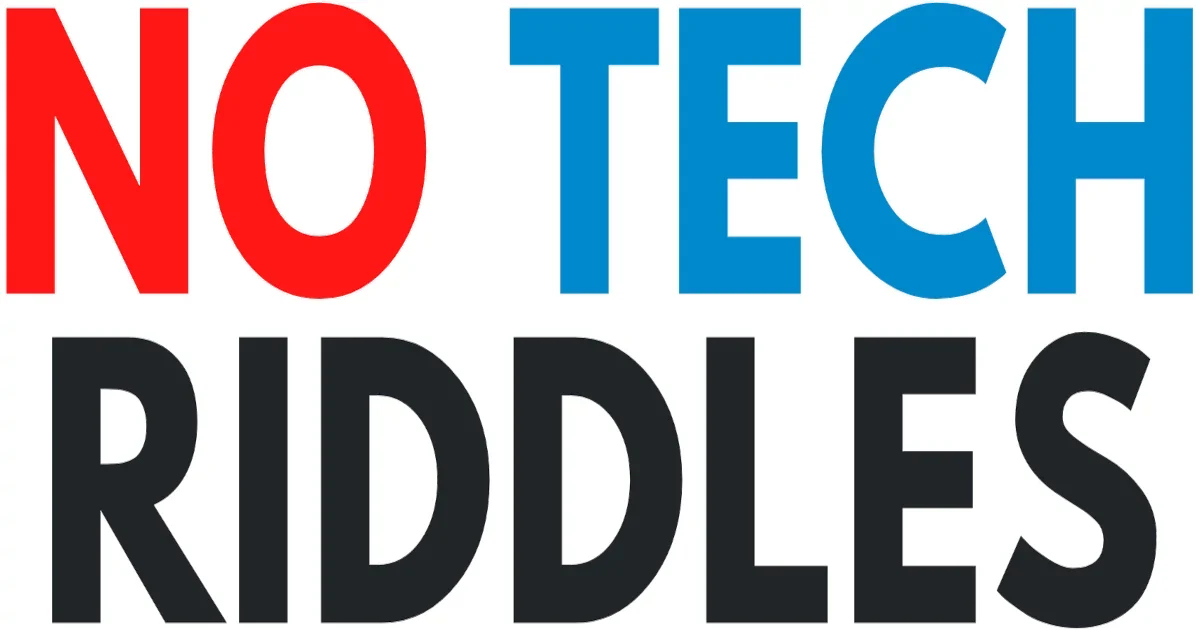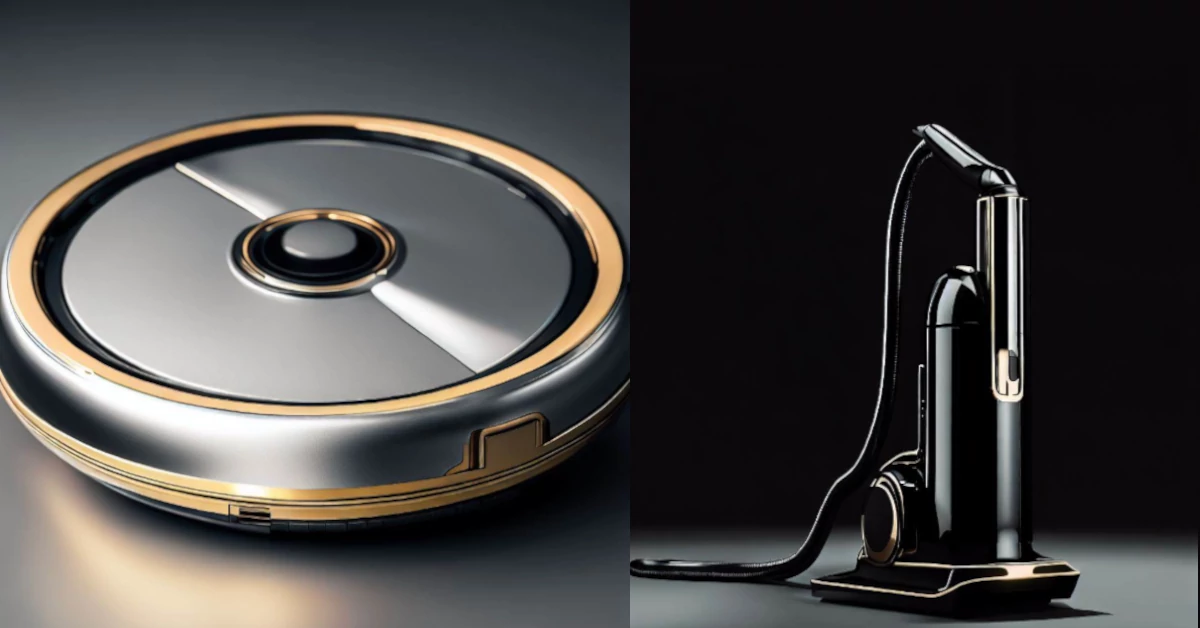Are you sick of worrying about all the bacteria and germs in your home all the time? Do you want to make sure that your family is safe from allergens and harmful pollutants? The HEPA filter is all you need.
This cutting-edge technology is the best way for anyone to protect their home from bacteria.
This article will talk about the benefits of HEPA filters and why they are a must-have for anyone who cares about their health and owns a vacuum cleaner or is looking for a new one.
Get ready to breathe easier and find out what HEPA filtration can do for you.
Understanding Anti-Bacterial Protection in Vacuum Cleaners

Anti-Bacterial Protection in Vacuum Cleaners
When a vacuum cleaner says it has anti-bacterial protection, it means that it can kill bacteria and other microbes on surfaces or get rid of them.
Some vacuum cleaners have a UV light that kills allergens, bacteria, dust mites, and bed bugs.
But it is important to keep in mind that vacuum bags can hold bacteria, molds, endotoxins, and allergens.
Salmonella spp.
and other microbes that can make you sick if you breathe them in can be spread by the airborne and aerosolized dust that is released when you vacuum.
Benefits of Vacuum Cleaners with Anti-Bacterial Protection
Antibacterial protection in vacuum cleaners has a number of benefits.
They can cut down on the number of microbes in the dust in the vacuum bag and in the aerosols that are released when you vacuum.
People with allergies often find that water-filtration vacuum cleaners help them feel better.
They have been approved by groups like The Carpet and Rug Institute, Go Green, and the European Centre for Allergy Research Foundation (ECARF).
Antibacterial vacuum cleaners can also pick up liquids without getting clogged or losing suction power.
Liquids are easy for water to soak up, so a water vacuum can easily clean up liquid messes and pick them up.
You can add fragrances and deodorizers with antibacterial and antifungal properties to the water in water vacuums.
This makes them smell nice, get rid of smells, and clean the air as they work.
Microban is an antimicrobial agent that can keep mold and bacteria that cause smells, discoloration, and stains from getting into products.
Some home products are made with Microban so that they are always protected from microbes that could damage the product or shorten its life.
When it comes to cleaning for health, vacuum cleaners are very important.
Pollen, dust, and small particles that can not be seen with the naked eye can make allergy and asthma symptoms come on.
With a good filtration system, a vacuum cleaner will not send dust and other particles into the air.
Using a vacuum cleaner with anti-bacterial protection has a number of benefits, such as reducing the number of microbes in the dust in the bag and in the aerosols that are released when you vacuum.
Using a vacuum cleaner with a water filtration system can help reduce allergy symptoms.
They can also pick up liquids without getting clogged or losing their ability to suction.
Water vacuums can clean the air while they clean by adding fragrances that kill bacteria.
Microban is an antimicrobial agent that keeps items safe from microbes that could damage them otherwise.
When vacuum cleaners have good filtration systems, they do not send dust into the air.
Performance of Vacuum Cleaners with Anti-Bacterial Protection
- Anti-Bacterial Protection in Vacuum Cleaners: What You Need to Know
Suction Power and Anti-Bacterial Protection
There is no clear evidence that antibacterial protection affects a vacuum cleaner’s ability to pull in air.
The power of the vacuum’s suction is determined by the motor, which creates a pressure difference and airflow that pulls dirt into the dust bag or container.
Wattage does not always show how well a vacuum cleaner can suction.
What really matters is how well it can suction and move air.
One vacuum cleaner, the Huawei Clea, has an antibacterial ion water tank to stop pollution from spreading to the ground.
But this part is not mentioned as affecting how well it pulls in air.
Also, a study by Knibbs et al.
found that vacuum cleaners can release large amounts of particles in their exhaust air and when they stir up dust that has already settled.
However, the study did not find any link between antibacterial protection and suction power.
Replacing Anti-Bacterial Protection
Depending on the type of filter, a vacuum cleaner’s anti-bacterial protection may need to be changed more or less often.
HEPA filters can catch particles as small as 0.3 microns.
If they are used every day in a commercial setting, they should be checked every six months and replaced if they are very dirty.
Otherwise, they should be changed every year.
In a home, the HEPA filter may only need to be changed every two or three years.
Every two to three years, you should change the carbon pre-filter.
Foam and cartridge filters are two other types of filters that need to be cleaned regularly.
Before putting them back in the vacuum, foam filters should be put in water, squeezed to let dirt escape, and left to dry in the air.
Cartridge filters can last a long time if they are cleaned regularly, but they should be checked more than once a year.
There is no clear information about how often the antibacterial protection in a vacuum cleaner needs to be changed.
Safety of Anti-Bacterial Protection
It is hard to say if antibacterial protection is safe for people and pets.
Antibiotics save lives, but every time they are used, antimicrobial resistance can happen.
Antimicrobial resistance happens when germs like bacteria and fungi learn how to beat the drugs that are meant to kill them.
It means that the germs are not killed, so they keep growing.
Both people and animals can get sick from antimicrobial resistance.
People, animals, and the environment can all spread germs that are resistant to medicine.
Antibiotic resistance can happen when people give antibiotics to animals too often.
Viruses can be killed by antibacterial products because they contain ingredients that can hurt cats and dogs very badly.
Pets have more sensitive skin than people, so it is important to keep their paws away from cleaning products that have just been used.
Even though dogs have more sensitive skin than cats, cats spend more time licking their paws and fur.
The Better Health Channel says that instead of antibacterial cleaning products, you should use regular soap, warm water, and good personal hygiene.
This is because antibacterial cleaning products are not any better at preventing infections in the home.
Some bacteria could become resistant to antibacterial products like triclosan if they are used a lot in homes.
HEPA Technology: The Ultimate Anti-Bacterial Protection for Vacuum Cleaners
HEPA (High-Efficiency Particulate Air) technology is a game-changer in the world of vacuum cleaners.
It is a filtration system that captures 99.97% of particles as small as 0.3 microns, including bacteria, viruses, and allergens.
This makes HEPA filters an essential component of any vacuum cleaner that aims to provide anti-bacterial protection.
HEPA filters work by trapping microscopic particles in a dense mesh of fibers.
As air passes through the filter, the particles get stuck in the fibers, preventing them from escaping back into the air.
This means that vacuum cleaners equipped with HEPA filters not only clean your floors but also improve the air quality in your home by removing harmful bacteria and allergens.
In conclusion, if you’re looking for a vacuum cleaner that provides anti-bacterial protection, make sure it has HEPA technology.
It’s the ultimate solution for a cleaner, healthier home.
For more information:
HEPA Tech: Clean Air, Strong Suction

Preventing the Spread of Viruses and Bacteria in the Home
Cleaning and Disinfecting Surfaces
It is important to clean and disinfect your home’s surfaces often to stop the spread of germs that can make you sick.
Cleaning surfaces gets rid of germs, dirt, and other dirty things that can make you and your family sick.
Using soap or detergent-based household cleaners will get rid of germs and dirt on surfaces and lower the risk of getting sick from surfaces in your home.
When you disinfect, you kill bugs like bacteria, viruses, and parasites.
Antimicrobial Products
Microorganisms like bacteria, viruses, protozoans, and fungi like mold and mildew can be killed or stopped from spreading by antimicrobial products.
Antimicrobial soaps may make it less likely that germs will spread from your hands to inanimate objects and food.
But you should remember that most germs will not hurt you.
Your immune system protects you against infectious agents.
For some diseases, the best way to protect yourself is to get a shot.
Antimicrobial Surface Protection
Antimicrobial surface protection can be put on almost any surface, like kitchen floors, shower curtains, bedding, and light switches, among other things.
Cork and copper are two natural materials that do not let germs grow on them.
A surface protectant that is antimicrobial can stop the spread of disease-causing pathogens for up to 90 days.
It makes an invisible antimicrobial coating on surfaces that kills bacteria and viruses, like salmonella and E.
coli, COVID-19, common viruses like the cold and flu, and pathogens that are resistant to disinfectants, like MRSA.
- Cleaning Instructions for Vacuum Cleaners with Antibacterial Protection
It is best to clean your vacuum often with an antibacterial wipe and soak the bins, cups, and hoses that come off for 15 minutes in soapy water to quickly kill germs.
Before using antibacterial cleaning products with a robot vacuum cleaner, the floor should be free of soil and other dirt.
Also, let the floor dry out before moving on to the next step.
Safety Precautions
When making and using a disinfectant, it is also best to wear protective gear and cover up.
Because of how they are made, antibacterial floor cleaners can be harsh, so it is important to use them the right way.
Instead of putting solutions in the tank of a robot cleaner, you can soak an antibacterial cleaning cloth in the disinfectant and attach it to the robot cleaner.
The bot gives out water while the mop spreads the disinfectant.
In the end, antibacterial protection can help stop the spread of bacteria in the home, but it might not work against viruses.
It is important to clean and disinfect your home’s surfaces often to stop the spread of germs that can make you sick.
Good hygiene is also important.
For example, you should wash your hands often with soap and water or use hand sanitizers with at least 60% alcohol.
Getting vaccinated is also a good way to stay healthy and avoid getting sick.
When using antibacterial cleaning products with a vacuum cleaner, it is important to follow the directions and take safety precautions.
Comparison with Other Cleaning and Disinfecting Methods
Cleaning
The first step to getting rid of most germs from your home is to clean.
Using soap or detergent-based household cleaners will get rid of germs and dirt on surfaces and lower the risk of getting sick from surfaces in your home.
Surfaces should be cleaned before they are sanitized or disinfected because dirt can make it harder for chemicals to reach germs and kill them.
Sanitizing
Cleaning or disinfecting a surface brings the number of germs on it down to a safe level.
Antimicrobial products, like sanitizers, are made to kill or stop the spread of microorganisms like bacteria, viruses, fungi, and algae.
Antimicrobial pesticides are things that are registered with the EPA that kill viruses and bacteria on surfaces.
Antimicrobial pesticides include sanitizers and disinfectants.
Disinfecting
Chemicals like bleach and alcohol solutions are used to kill germs on surfaces.
Antimicrobial products like disinfectants are made to kill or slow down the spread of microorganisms like bacteria, viruses, fungi, and algae.
Disinfectants kill germs on surfaces that are likely to have harmful bacteria or viruses on them.
They are stronger than sanitizers.
Antibacterial Products
Antibacterial products have ingredients that stop or slow the growth of bacteria.
These things are often found in soaps, detergents, and hand sanitizers that people use to clean their homes.
Antibacterial products are good at reducing the number of bacteria on surfaces, but they do not kill viruses or fungi.
Antimicrobial Products
Antimicrobial products are made to kill microorganisms like bacteria, viruses, fungi, and algae or slow their spread.
These items are often used in hospitals, schools, and other places where people’s health is important.
Antimicrobial products are stronger and can kill a wider range of microorganisms than antibacterial products.
Sterilizers
Sterilizers are antimicrobial products that are made to be used in places where public health is important.
Bacteria, algae, spores, and fungi can all be killed by them.
The EPA often calls sterilizers “restricted-use pesticides,” which means that people who use them must be trained and certified.
Sterilizers are not usually used in cleaning products for the home.
Anti-Bacterial Protection in Vacuum Cleaners
A vacuum cleaner is one of the most important things you can use to keep your home clean and free of germs.
Some vacuum cleaners have anti-bacterial protection that can help reduce the number of germs on surfaces in your home.
HEPA filters, UV-C lights, and antimicrobial coatings can all be used in vacuum cleaners to protect against bacteria.
HEPA Filters
HEPA filters are made to catch dust, pollen, and pet dander, which are all small particles.
Bacteria and viruses can also be caught by HEPA filters, reducing the number of germs in your home.
People with allergies or breathing problems should choose a vacuum cleaner with a HEPA filter.
UV-C Lights
UV-C lights are made to damage the DNA of bacteria and viruses, which kills them.
Germs can be less of a problem in your home if you use a vacuum cleaner with UV-C lights.
But UV-C lights can only kill germs that are in the light, so it is important to use the vacuum cleaner correctly so that all surfaces are in the light.
Antimicrobial Coatings
Antimicrobial coatings are made to kill microorganisms like bacteria, viruses, fungi, and algae or slow their spread.
Antimicrobial coatings on vacuum cleaners can help cut down on the number of germs in your home.
Antimicrobial coatings can be put on the handle and dust bin of a vacuum cleaner to stop bacteria and other microorganisms from growing there.
Conclusion

In the end, it is a good idea to buy anti-bacterial protection for your vacuum cleaner.
A HEPA filter can trap bacteria and allergens that are bad for you and your family.
This makes the air cleaner and healthier for you and your family.
But it is important to remember that a vacuum cleaner is just one way to fight germs and bacteria.
In order to keep a healthy home, it is also important to clean and disinfect surfaces regularly and to practice good hygiene.
When you think about buying a vacuum cleaner with anti-bacterial protection, think about how it can help your health and well-being in the long run.
It is not just about having a clean home.
It is also about making sure you and your family are safe and healthy.
So, if you need a new vacuum cleaner, think about getting one with a HEPA filter the next time you go shopping.
It will be good for your health and your peace of mind.
Do not forget that a clean house is a healthy house.
Looking for a new robot vacuum?
Choosing a gadget can be very difficult if you know nothing about the technology.
Some will pay for features they do not need while others may not consider what they really want.
So I created this quick, newbie guide to help you focus on what is really important to you:
The best robot vacuum for you.
My article on the topic:

